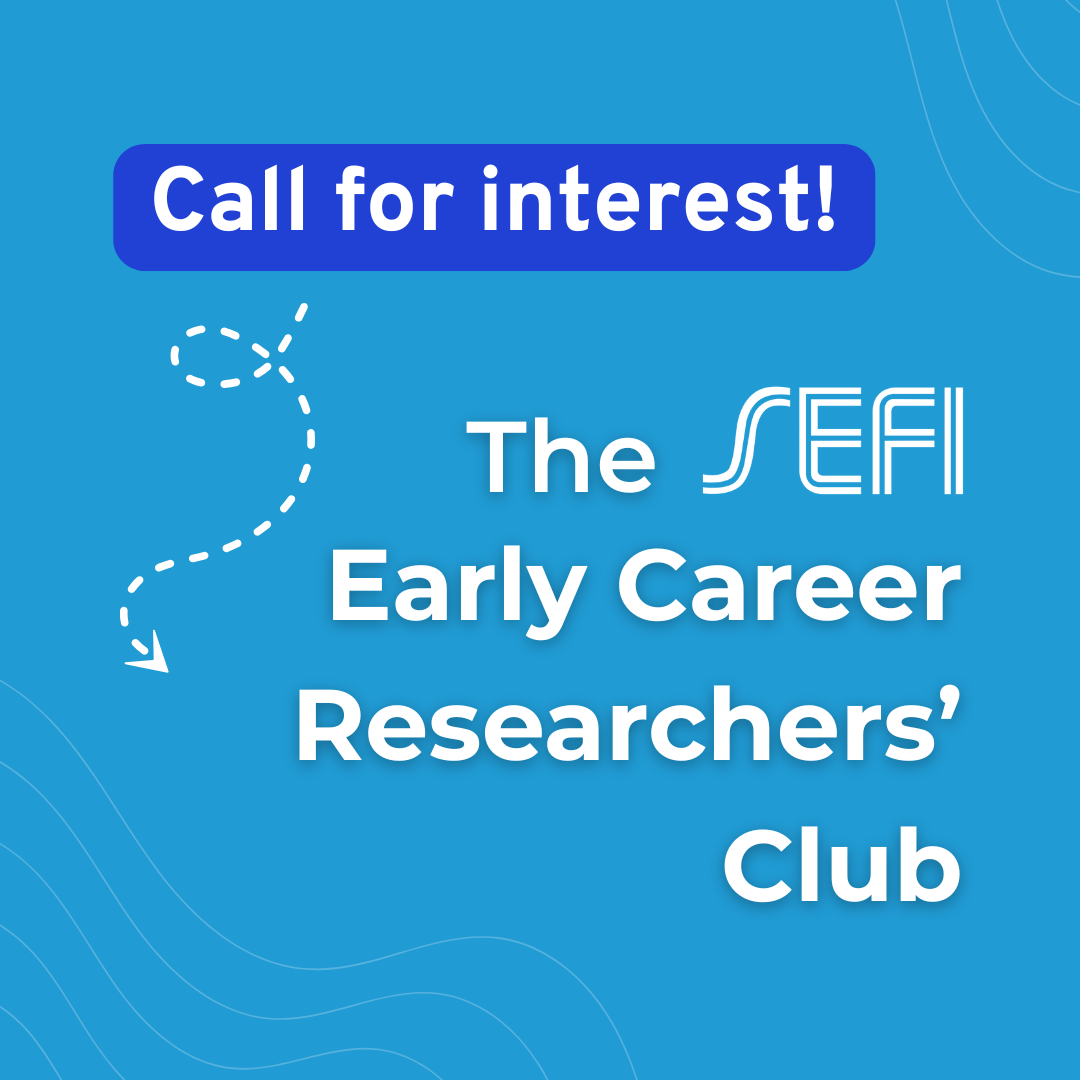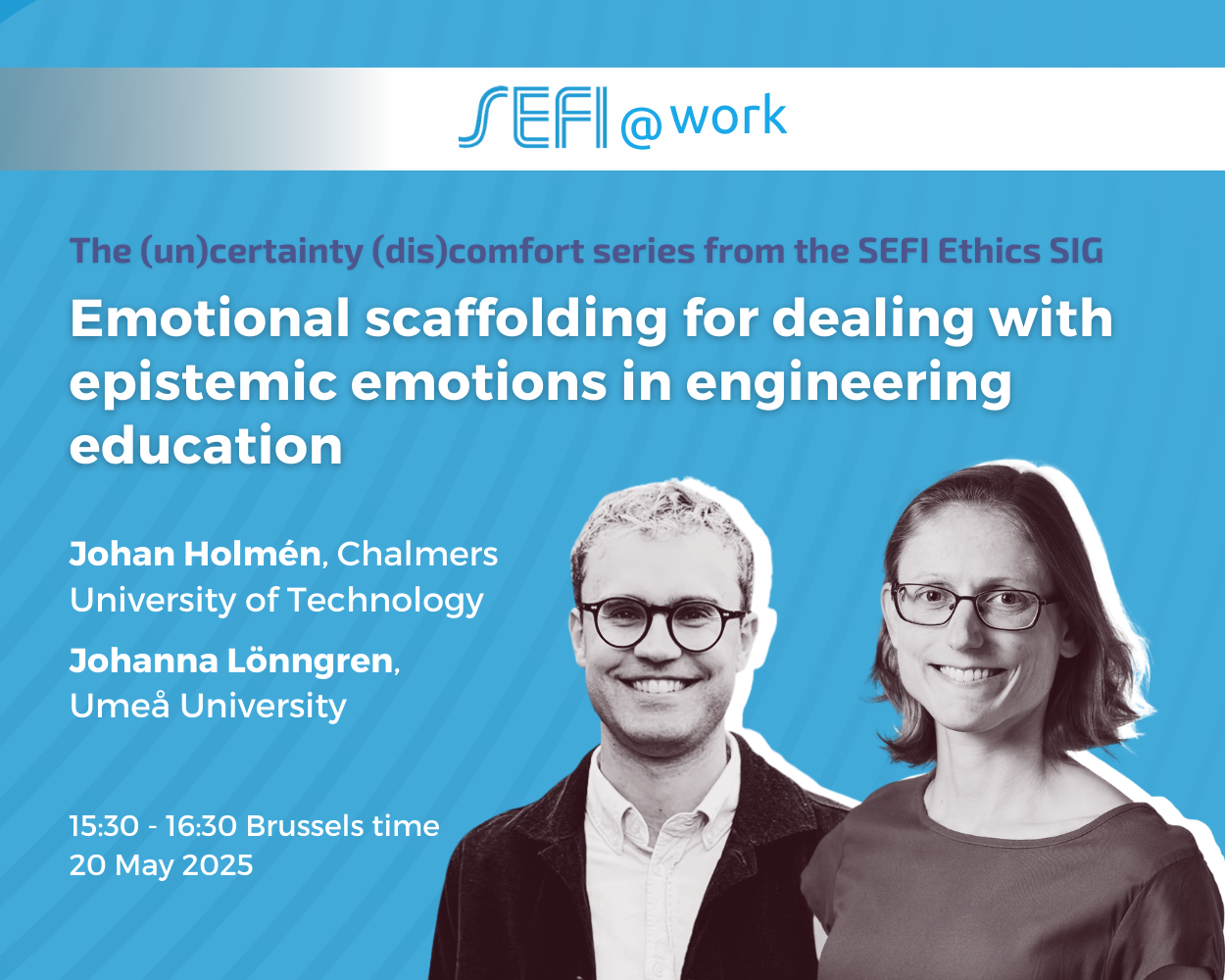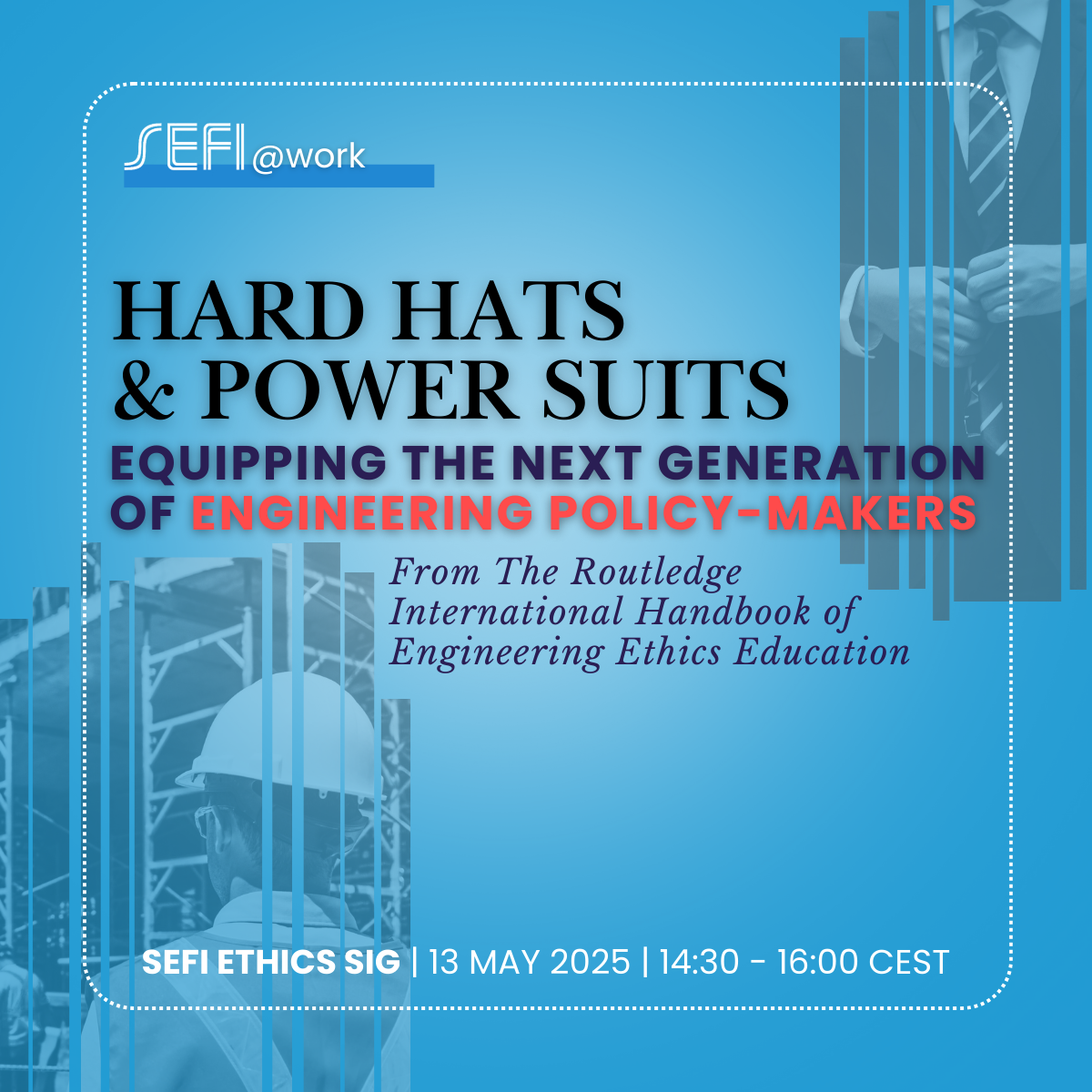UPDATE: We sincerely thank all participants for their interest in the 2025/26 intake. The survey…
Freely Available Learning Resources For Sustainable Design in Engineering Education
By Jordi Segalas (Universitat Politècnica de Catalunya UPC-Barcelona Tech)

There is an increased interest in education that levels co-creative processes in innovation as developed in challenge-based or design learning. Here you find freely available learning resources for sustainable design in Engineering Education in the field of Design for Sustainability. Feel free to experiment yourself!
The field of Design for Sustainability has broadened its theoretical and practical scope over the years. Initial approaches, mostly focused on product innovation, have evolved towards more holistic perspectives, promoting human-centred design. This evolution has been accompanied by an increased need for new knowledge and know-how, requiring designers to be provided with a different set of expertise related to the role of users; such as news ways of involving customers in design projects, and techniques to gather insights and co-design with them sustainable solutions.
The “Circular Design Project – Learning for Innovative Design for Sustainability” (http://circulardesigneurope.eu/ ), an European Project funded by Erasmus+ Knowledge Alliance within the social business and the educational innovation field, aims at addressing the integration of innovative design for sustainability in Higher Education Institutions and design companies. Integrated by 12 European partners, and aligned with European Circular Economy policies, the Project was organised around four hubs in Ireland, The Netherlands, Catalonia and Sweden. Each of these hubs consisted of one university, one design company and one national design association. The main goal of the project was to promote the sustainable consumption and production of products and services in Europe. This has been achieved through the development of knowledge co-creation processes involving key actors of the design field and the development of training materials, through Open Educational Resources, in order to teach and train students, faculty and enterprise staff of the design sector in Design for Sustainability strategies.
A number of training sessions and co-creation workshops were carried out along the duration of the project with the participation of companies, design students and design academics. Through the application of participatory action research, project outcomes were discussed and refined and, eventually, the results led to the development of open-source training materials, addressed to the different actors of the design field.
All Circular Design training resources:
• Best Practice Publication
• Open Educational Resources Database
• International Internships for students scheme
• Professional Development Course and handbook for capacity building
• Policy Brief in Circular Design Education
• Digital Fabrication Lab handbook for Circular Design are freely available at the project website: http://circulardesigneurope.eu/


